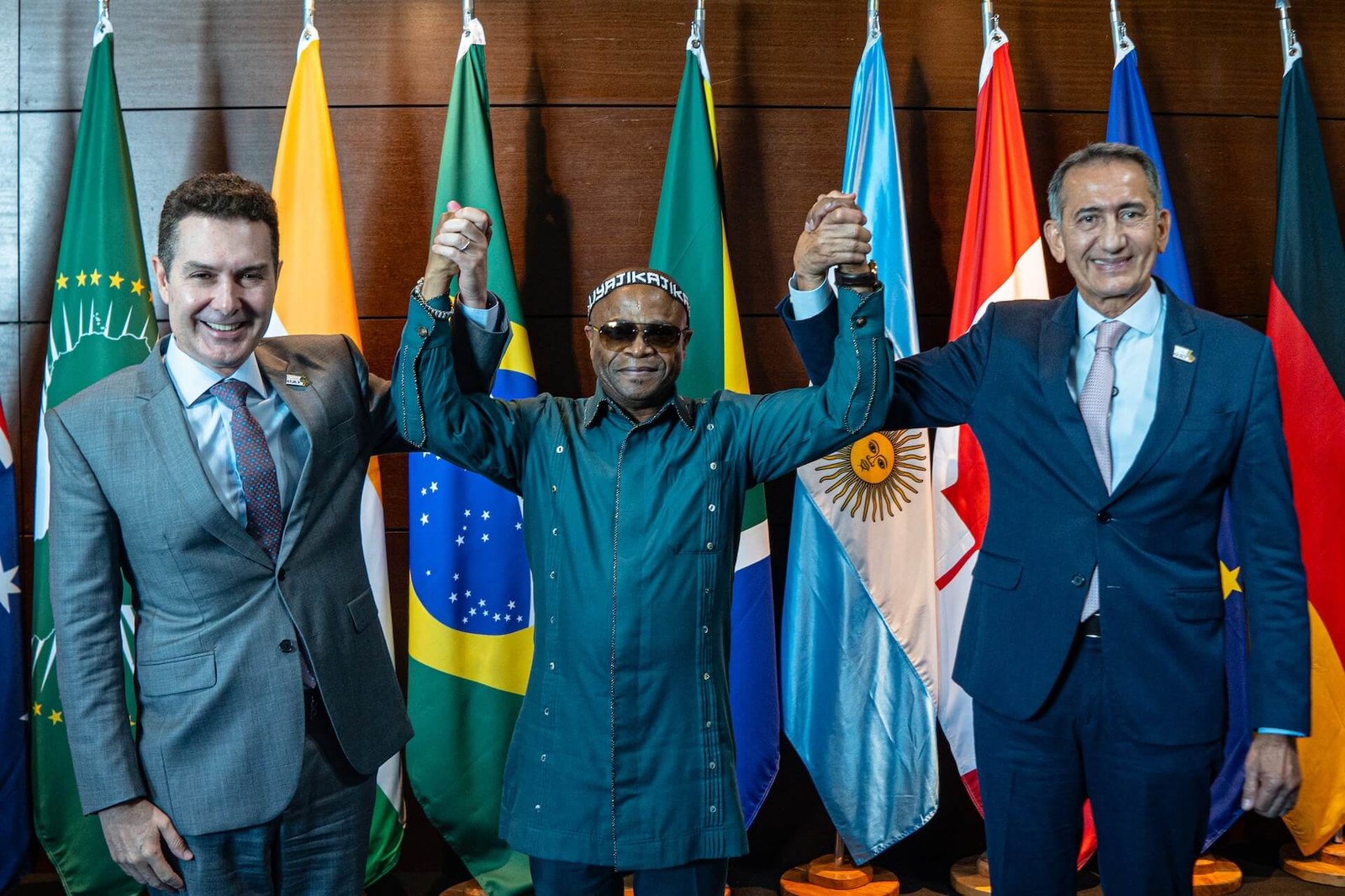Combating inequalities at the center of the Disaster Risk Reduction agenda: WG acclaims Ministerial Declaration
In Belém, the capital of Pará, in addition to the consensus reached at the Ministerial Meeting, the Working Group also approved six compendiums developed in collaboration with international organizations and received the "Carta de Belém," signed by 15 organized civil society movements. During the week, there were also two side events and a technical meeting.

Climate projections by the United Nations (UN) indicate that the world will face about 560 disasters annually. An estimated additional 37.6 million people will live in extreme poverty due to the impacts of climate change and disasters. Thus, in accordance with the urgency for effective solutions and international agreements on the issue, the G20 member countries and unions, with the agreement of the invited countries and organizations, endorsed a powerful ministerial declaration in the Working Group (WG) on Disaster Risk Reduction, to be forwarded to heads of state and leaders at their Summit next fortnight in Rio de Janeiro.
The Declaration highlights some of the points: combating inequalities at the center of the agenda; reaffirming the need for Multi-Risk Early Warning Systems; affirming the need to mobilize financial resources, including investments from the private sector and multilateral banks; and recognizing the contributions of nature-based solutions and ecosystem-based approaches.
Minister Waldez Goés of Integration and Regional Development, who coordinated the work of the WG this year, highlighted the unprecedented nature of the approval and praised India's role, which chaired the G20 last year and took the first step toward consolidating the agenda within the G20. “This is the first time in the history of the G20 that there is consensus among countries in the commitment to disaster risk reduction as an international priority,” said Goés.
Jader Barbalho, Minister of Cities and co-coordinator of the WG aligned himself with his colleague. “This consensus shows an extraordinary progress of the G20 nations, this is a central point, we have been able, with dignity, despite so many diverse views, to think about the future of new generations, plant this seed, and signal this beacon that we are committed to disaster risk reduction,” he said.
"Carta de Belém": the voice of civil society in the WG
Another point to highlight in the wording of the Declaration is the recognition of the role that local communities, including women, young people, the elderly, people with disabilities, and indigenous peoples, have in actions to reduce such risks. This topic aligns with the "Carta de Belém," which was delivered to the Brazilian presidency, represented by the coordinating ministers, at the end of the Ministerial Meeting by Indigenous activist Christhiana Wira Suruí, a member of the Movement for Popular Sovereignty in Mining.
“It is necessary to review the current economic model and eliminate the production and burning of fossil fuels, responsible for more than two-thirds of the emissions that cause global warming, as well as to implement policies for zero deforestation. International agreements for a just energy transition are urgently needed, starting with the wealthiest, as well as holding accountable the impacts caused by transnational corporations in agribusiness, mining, energy, real estate, and infrastructure sectors, which today pose a threat to local populations,” highlights the document signed by 15 entities organized at regional and national levels.
The general lines of the document had already been mentioned yesterday (October 31) at the side event “Equity in Action: Accelerating Inclusive Approaches to Reduce Disaster Risk”, which took place as a roundtable open to social participation in the scope of high-level discussions of the Working Group.
Compendiums: in addition to the Ministerial Declaration
On October 31, the Group launched six compendiums to guide risk management during extreme events. The set of publications was the result of a series of debates between international authorities and representatives of social movements and organized civil society and focused on the following themes:
1. Engagement of people in vulnerable situations
2. Disaster resilient infrastructure
3. Nature-based solutions
4. Inclusive and resilient recovery
5. Early Warning Systems
6. Shelter for children, women, adolescents and people at risk
Developed with the collaboration of the United Nations Office for Disaster Risk Reduction (UNDRR), the Coalition for Disaster Resilient Infrastructure (CDRI), the United Nations Educational, Scientific and Cultural Organization (UNESCO), the World Meteorological Organization (WMO) and the United Nations Children's Fund (UNICEF), the compendiums offer fundamental guidelines and case studies that will serve as a reference for nations.
*Translated by PGET-UFSC